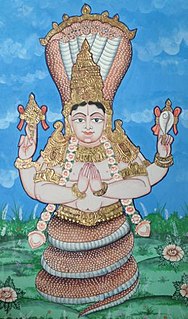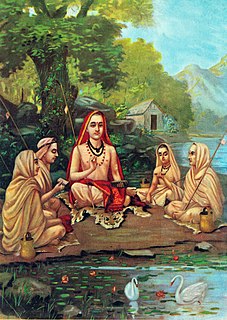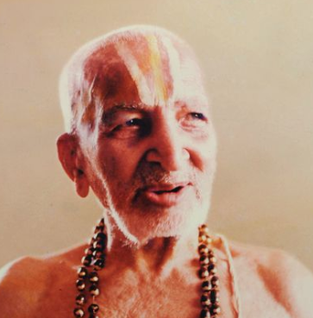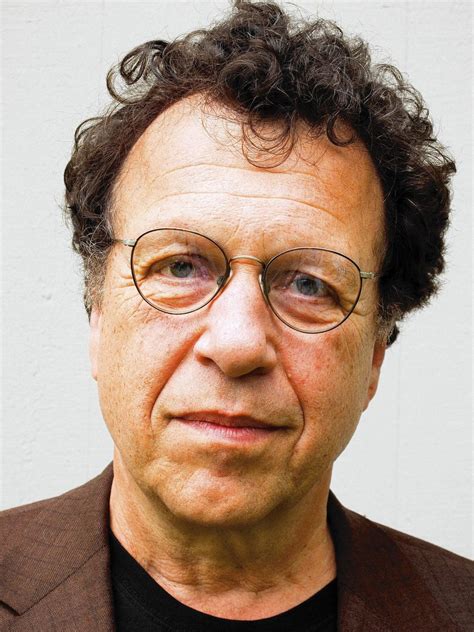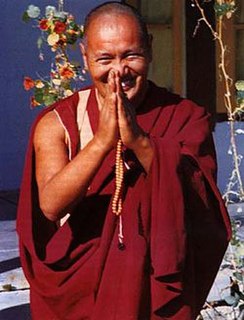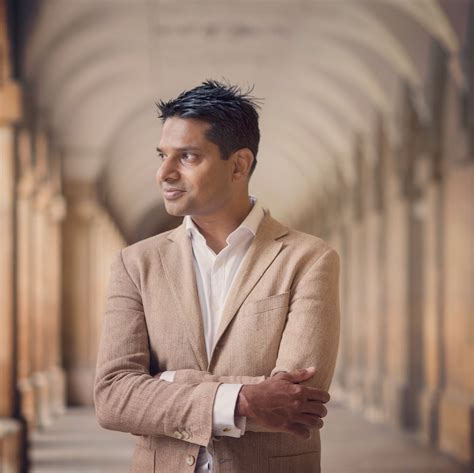A Quote by Patanjali
Ignorance is the failure to discriminate between the permanent and the impermanent, the pure and the impure, bliss and suffering, the Self and the non-Self.
Related Quotes
There is no reaching the Self. If Self were to be reached, it would mean that the Self is not here and now but that it is yet to be obtained. What is got afresh will also be lost. So it will be impermanent. What is not permanent is not worth striving for. So I say the Self is not reached. You are the Self; you are already That.
The experience of not forgetting consciousness alone is the state of devotion which is the relationship of unfading real love, because the real knowledge of Self, which shines as the undivided supreme bliss itself, surges up as the nature of love. Love itself is the actual form of God. That is pure bliss. Call it pure bliss, God, Self, or what you will. That is devotion, that is realization and that is everything.
The basis of the self is not thought but suffering, which is the most fundamental of all feelings. While it suffers, not even a cat can doubt its unique and uninterchangeable self. In intense suffering the world disappears and each of us is alone with his self. Suffering is the university of ego-centrism.
Concentration is not thinking of one thing. On the contrary, it is excluding all thoughts, since all thoughts obstruct the sense of one's true being. All efforts are to be directed simply to removing the veil of ignorance. Concentrating the mind solely on the Self will lead to happiness or bliss. Drawing in the thoughts, restraining them and preventing them from straying outwards is called detachment (vairagya). Fixing them in the Self is spiritual practice (sadhana). Concentrating on the heart is the same as concentrating on the Self. Heart is another name for Self.
According to the Buddha, the failure to recognize the illusion of the self is the source of all ignorance and unhappiness. It is only by renouncing the self, that is, by dropping his ego defences and committing metaphorical suicide, that a person can open up to different modes of being and relating and thereby transform himself into a pure essence of humanity. In so doing, he becomes free to recast himself as a much more joyful and productive person, and attains the only species of transcendence and immortality that is open to man.
